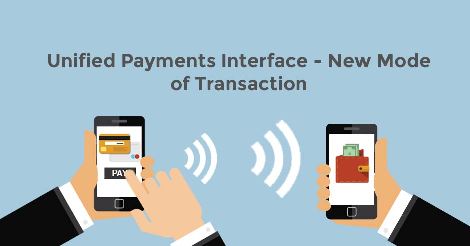

UPI: Changing How Payments Will Be Made
India is taking bold steps towards being a cashless society. A major step was taken last week when the Unified Payments Interface (UPI) was started. UPI is an initiative of National Payments Corporation of India, backed by the RBI and a consortium of several frontline commercial banks. It is designed to make payments through digital means easier by using both Aadhar and non-Aadhar based authentication. It has the potential of harnessing the power of the mobile phone to empower millions of Indians. By Sunil Garodia
First publised on 2016-04-20 18:09:57
The idea is simple. Once you download the UPI plugin to your existing bank app (provided your banker is enrolled for UPI, which sooner or later it will be otherwise it will risk being left stranded on the emerging and cutting-edge payments highway) or upgrade to the UPI enabled app and fill in necessary details, a virtual identity will be created for you. After that, you will be able to directly transfer money from your mobile to the account of someone similarly enabled without even knowing their bank account number or IFS code. You will just need to know their virtual identity. The payment limit has been set at Rs 1 lakh per transaction for UPI.
UPI is an advanced version of Immediate Payments Service (IMPS) that required you to log in to the bank website and know the account number and IFS code of the recipient. UPI takes it a step further by creating virtual identities for users and eliminating codes. It does so in a more secured environment, doing away with cards and passwords and making your mobile the centre of authentication. Just remembering a four digit pin will suffice at both ends of the transaction. This will also do away with the need to keep idle (and not earning any interest) cash in digital wallets for making online payments. Although it might take a year for the service to stabilize but once it does, it will make life a lot easy.
The service has the potential of empowering millions by doing away with the need of intermediaries as the identity of the recipient will be authenticated instantly. It will also save millions of man-hours that Indians usually waste standing in queues to make payment of utility bills. Of course there will be a small charge for the service but it will be more than offset by the convenience and ease that it offers. It will change the way the common man pays and receives money.











